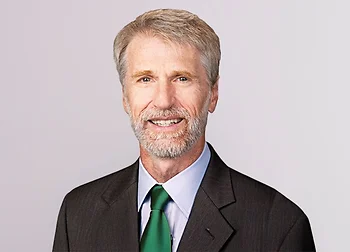After 14 months of scrutiny by the Federal Communications Commission (FCC) and Department of Justice, Comcast and Time Warner Cable announced in April 2015 that they would abandon their proposed $45 billion merger. The high-profile proposed merger raised numerous concerns about possible harm to competition in a number of different markets, including broadband Internet access, Internet interconnection, video distribution, and video programming.
Bates White Partner and University of California, Berkeley, Professor of Economics Joseph Farrell was retained by Boies, Schiller & Flexner LLP on behalf of Cogent Communications (“Cogent”) to analyze the public interest implications of the transaction. Professor Farrell, supported by a team of Bates White economists, prepared three declarations that were submitted to the FCC and participated in an FCC Economists Workshop, which discussed economic issues related to the merger. In his declarations, Professor Farrell, among other things, explained why Comcast likely already had market power over residential broadband customers, as well as how the merger would increase Comcast’s incentive and ability to foreclose or raise the costs of competing online video distributors (OVDs) and other content providers and rival ISPs. He also presented empirical analysis showing how Comcast, during a dispute with Netflix, allowed interconnection ports with Cogent to become congested, thus slowing the delivery of Internet traffic. In addition, Professor Farrell discussed how the merger likely would increase Comcast’s bargaining leverage in negotiating with OVDs and other content providers and how resulting increases in terminating access fees likely would harm consumers and competition. Finally, Professor Farrell’s analysis addressed Comcast’s claims related to increased economies of scale by pointing to the negative correlation between ISP size and customer satisfaction, and by pointing out that, if the economies were as significant as Comcast claimed, then the merging parties should be viewed as strong potential entrants.
After the parties announced that they were abandoning the merger, FCC Chairman Tom Wheeler released a statement saying “[The] decision to end Comcast’s proposed acquisition of Time Warner Cable is in the best interests of consumers. The proposed transaction would have created a company with the most broadband and video subscribers in the nation alongside the ownership of significant programming interests. . . . The proposed merger would have posed an unacceptable risk to competition and innovation especially given the growing importance of high-speed broadband to online video and innovative new services.”
For more information on the proposed merger, visit the FCC website.
The team
- Partner



